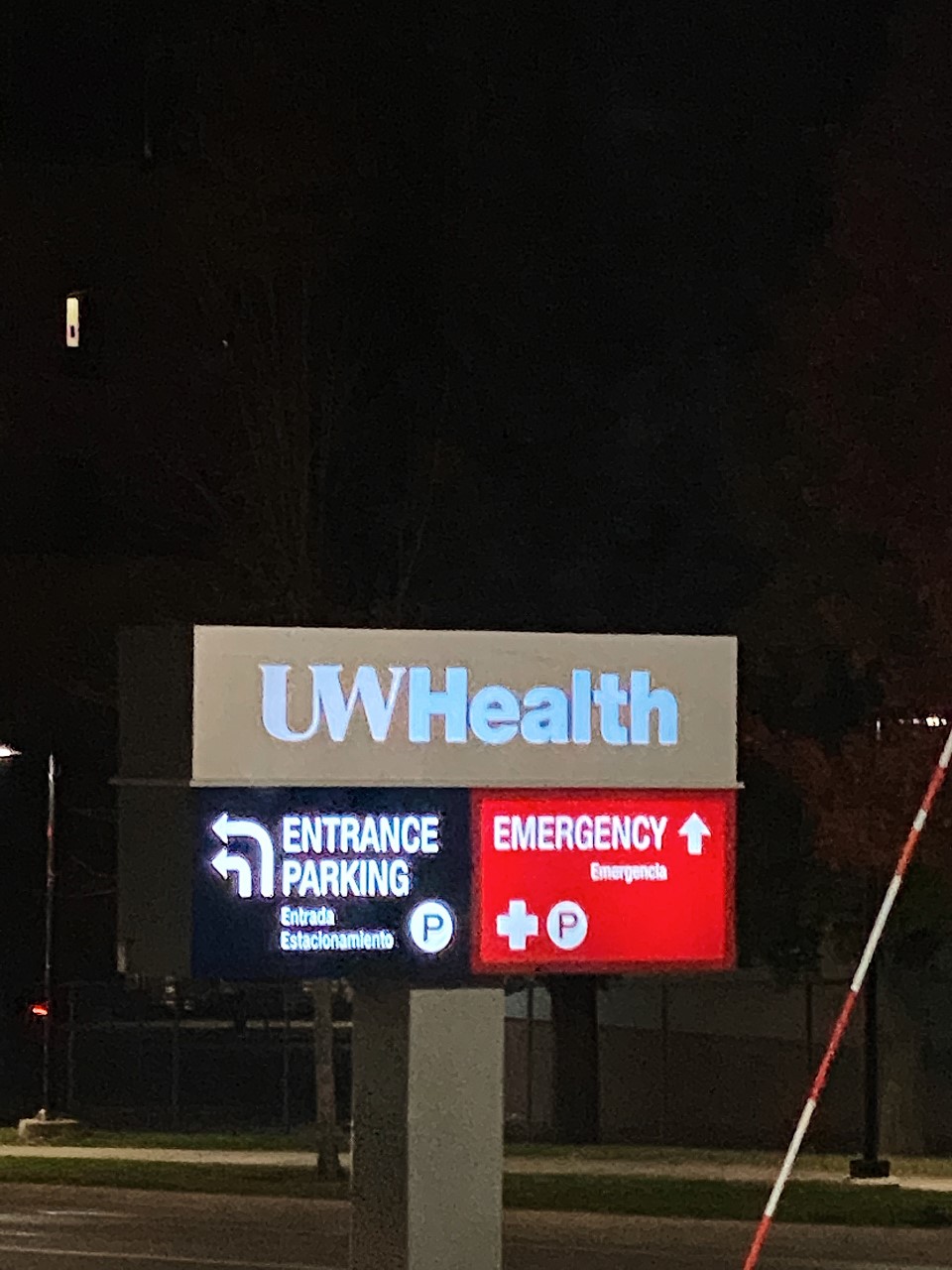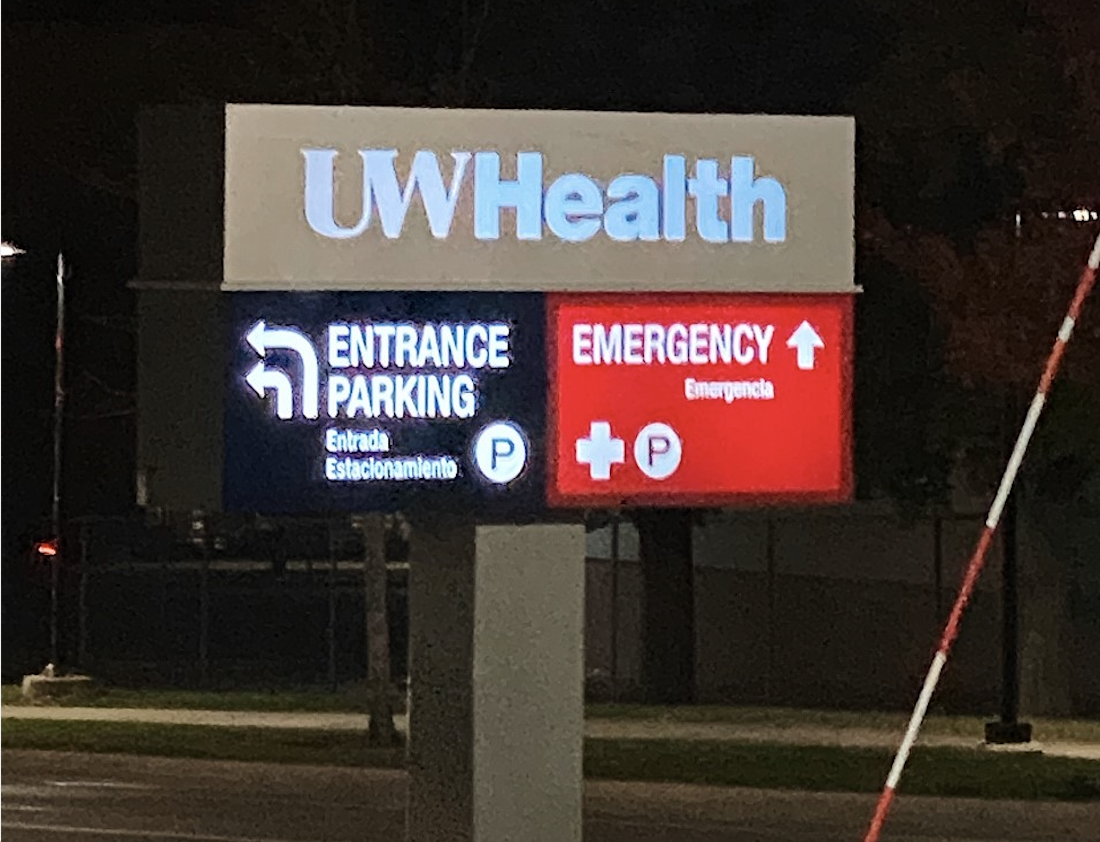From 2009 to 2011, Kelly Mosher worked as a nursing assistant at UW Health hospital. At the time, she and her fellow colleagues were part of a union.
When the union contract expired in 2014, there was no renewal in sight.
“It was pretty crushing to a lot of the nurses who worked there,” Mosher said. “Most nurses wanted to be a part of a union. Everyone recognized the need for safe working conditions.”
Between Sept. 13 and 16 this fall, UW Health nurses were planning to strike. Their main goal was to be recognized by the hospital as a union again,citing problems with poor working conditions, inadequate pay and unsafe patient to provider ratios.

The scheduled strike was canceled after Gov. Tony Evers invited an agreement between nurses and UW Health management. The hospital did not recognize a nursing union, but has agreed to help create better working conditions if the strike were to be averted.
“I’m really glad to hear that it’s getting resolved and that UW Health is working together with the nurses to move forward. I am hoping the organization will let them have a union,” said Mosher.
Carly Weinberger, a UW-Madison nursing student who works as a student nurse and certified nursing assistant at UW Health hospital, explained the reasons why nurses want to unionize.
“As a health care worker for almost five years, I have seen how short-staffing, poor communication and underdeveloped technology has affected how we all do our jobs,” she said.
She further explained how unsafe working conditions — such as the patient to staff ratio — can increase provider mistakes, compromising the quality of patient treatment and care.
“In the long run, many of us are experiencing burnout. The money does not outweigh the toll that these shifts can take on our mental health. I’ve personally been affected by the unnecessary stress of my role, even as a student nurse,” Weinberger said.
While Weinberger supports the agreement between nurses and UW Health administration, she does not think it solves the entire issue.
“I’m glad that a compromise was made, but nurses did not get the full benefits they desired,” she said. “UW Health is seen as a top-tier hospital, and if nurses were to go on strike, it could ruin their credibility as a whole. I think the agreement was a step in the right direction, but it’s definitely not a full solution.”
Weinberger believes that nurses agreed to cancel their strike because they truly care about their patients and did not want to compromise their care.
“We picked this career path for a reason. e care about our patients,” she said.
According to Adam Samuel, a certified nursing assistant at two hospitals in Waukesha and a student health technician at University Health Services, the issue of poor working conditions is broader than UW Health.
“Both CNAs and nurses are overburdened with work,” he said. “I saw it first hand in my position. We were constantly understaffed and urged to work extra shifts or overnight.”
Samuel also explained how the COVID-19 pandemic only heightened the workload for nurses.
“During the peak of the pandemic, there were extra patients, more precautions to take and less
staff to help,” he said. “Everyone was leaning on the nurses.”
Although he’s not a UW Health employee, Samuel said his experience as a certified nursing assistant in Waukesha opened his eyes to the problems within the nursing profession.
When asked about his thoughts on UW Health nurses advocating for union recognition, he said,
“I could not have supported them more.”





